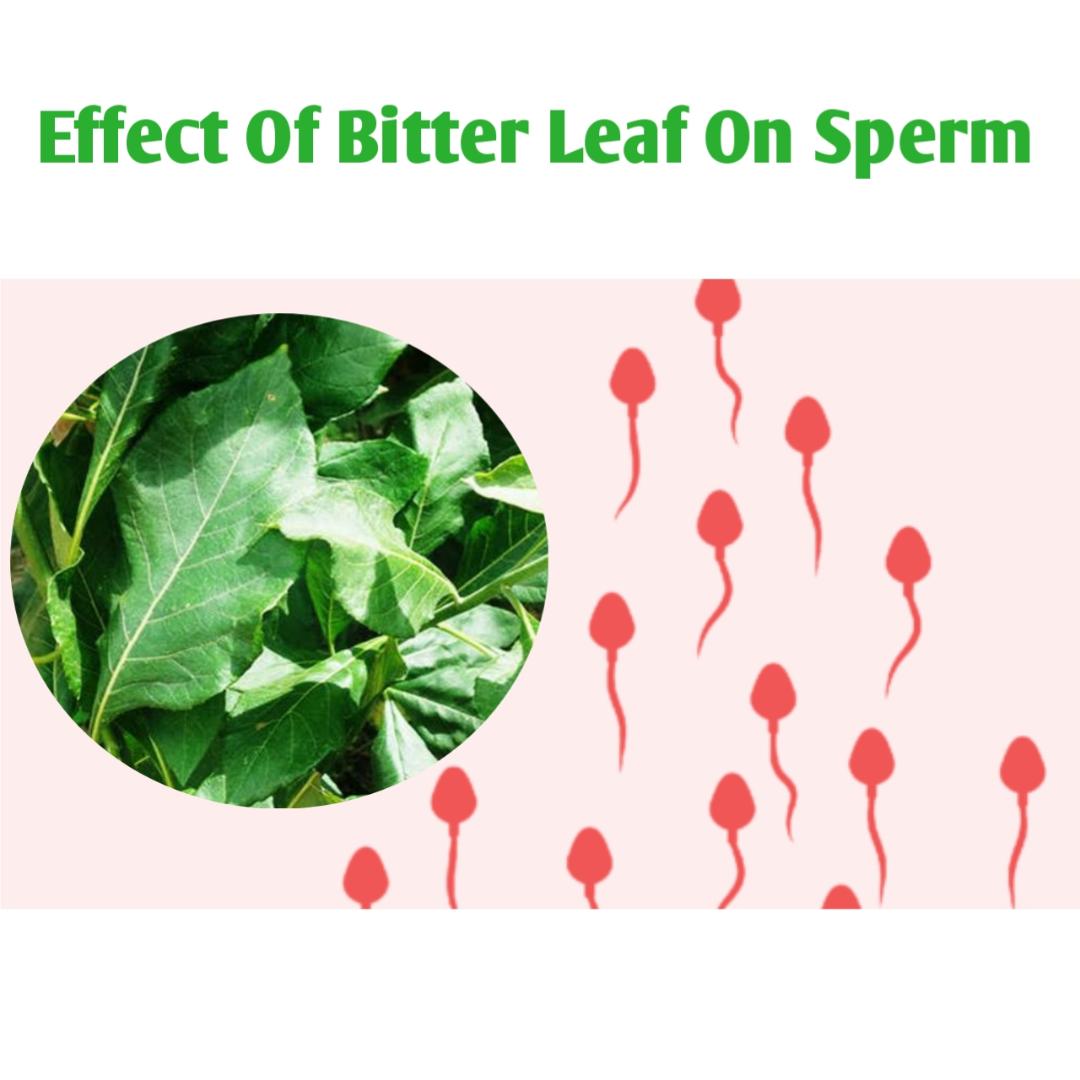
What determines sperm health?
Sperm health depends on various factors, including quantity, movement and structure:
Quantity. You’re most likely to be fertile if your ejaculate — the semen discharged in a single ejaculation — contains at least 15 million sperm per milliliter. Too little sperm in an ejaculation might make it more difficult to get pregnant because there are fewer candidates available to fertilize the egg.
Movement. To reach and fertilize an egg, sperm must move — wriggling and swimming through a woman’s cervix, uterus and fallopian tubes. This is known as motility. You’re most likely to be fertile if at least 40% of your sperm are moving.
Structure (morphology). Normal sperm have oval heads and long tails, which work together to propel them. While not as important a factor as sperm quantity or movement, the more sperm you have with a normal shape and structure, the more likely you are to be fertile.
How to boost sperm health
Sperm work best at cool temperatures. The testicles help keep sperm cool by descending from the body. Prolonged exposure to heat — such as from hot tubs, intense exercise, or workplace equipment — may damage sperm.
Males who want to improve fertility should wear loose fitting underwear. Snug underwear may trap heat and force the testicles against the body, increasing temperature further.
Anything that affects overall health may also affect sperm production, since sperm health depends on a complex interaction of several hormones and bodily systems. For example, excessive drinking, drugs, and smoking may affect fertility.
Exercise can improve blood flow and overall health, potentially improving sperm quality. Some studies suggest that getting regular exercise may improve sperm quality or count, though more research is needed to explain why.
It is also important to eat a healthful, balanced diet. Research has linked some foods with lower sperm health. These foods include processed meats, trans fats, soy products, and high fat dairy products.
However, most research has found only a correlation — not a causal relationship — between these foods and lower sperm counts.
Effect Of Bitter Leaf On Sperm Quality And Quantity
Bitter leaf is a highly appreciated vegetable in West and Central Africa and can be consumed in various dishes. In Nigeria, where the Yoruba name for this crop is ‘ewuro’ and the Igbo call it ‘onugbu’, leaves are boiled in soups. Leaves are sometimes sold in the market after being shredded, parboiled and made into fist-sized balls.
In Cameroon, the processed leaves are cooked with meat and/or prawns mixed with ground peanuts to make a famous dish called ‘ndole’. Alternatively, whole leaves are cooked together with cassava or yam tubers, whereas the leaves are also dried and ground to powder for use in soups. In Cameroon, the leaves are sometimes eaten unprocessed and raw mixed with palm oil and salt.
Several studies has shown that bitter leaf has several health benefits, a very significant effect of sperm cells and by extension fertility. The leaf has been shown to:
- Boost sperm concentration
- Increase in percentage Motility
- Improved morphology
- Increase in percentage live sperm.
Simple Ways To Maintain a Healthy Sperm Count
- Maintain a healthy weight. Having the right balance of hormones in your body is critical to a healthy sperm count. Excess fat tissue can cause those hormones to get out of balance and affect every aspect of your sperm’s health.
- Eat right. Fresh, whole foods, especially fruits and vegetables, have antioxidants and vitamins that help with fertility. Vitamins C and E are especially important. Processed fast foods may taste good to you but are not the best meals for your sperm.
- Don’t skip the workout. Exercise is great for healthy sperm production. One study found that weightlifting and outdoor activities were most effective for increasing sperm count. We recommend moderate physical activity for at least 150 minutes a week.
- Take your vitamins. Some vitamins – specifically D, C, E and CoQ10 – are important to the health of your sperm. Not everyone needs to take vitamin supplements if they get enough in their diet. It’s always good to check with your doctor on what may be a waste of money and what really will help your fertility.
- Stay out of the hot tub. Because sperm like to live and function at a narrow temperature range (usually two to three degrees less than your core body temperature) exposing your testicles to too much heat can cause fertility problems.
- Watch out for that laptop. The heat generated by a laptop can have the same effect as a hot tub if it’s sitting on your lap, so it’s better to put it on a desk or table when you work.
- Cut back on caffeine. Researchers in Denmark found that sperm count was reduced slightly in men who consumed too much caffeine. Try to stay under 300 milligrams a day, which is about 18 ounces of regular coffee. Energy drinks have a large number of additives which are a major no-no in my opinion. Stick to two to three cups of black coffee if caffeine is a must.
- Limit alcohol. That doesn’t mean giving it up alcohol entirely, but excessive alcohol has been shown to reduce sperm production. So just keep it to one or two drinks a day at the most.
- Don’t smoke. Or chew, for that matter. Tobacco not only reduces your sperm count, it makes the sperm you have less motile. Plus, smoking is linked to several cancers. Don’t you want to live longer so you can have more memories with your child?
- Stay away from testosterone. One common side effect of testosterone replacement therapy is stopping your natural production of testosterone. There are natural and medical ways to boost your testosterone without affecting your fertility – this is where you should really consult the expertise of a male infertility specialist.
Following most of these recommendations will lead to improved health even if you’re not trying to start a family. So if attempting to conceive is what motivates you to improve your health, that’s great. Just remember, being a Dad takes lots of energy, so you might as well make these new habits a permanent part of your life. SEE: The Effect Of Bitter Leaf On Pregnancy





